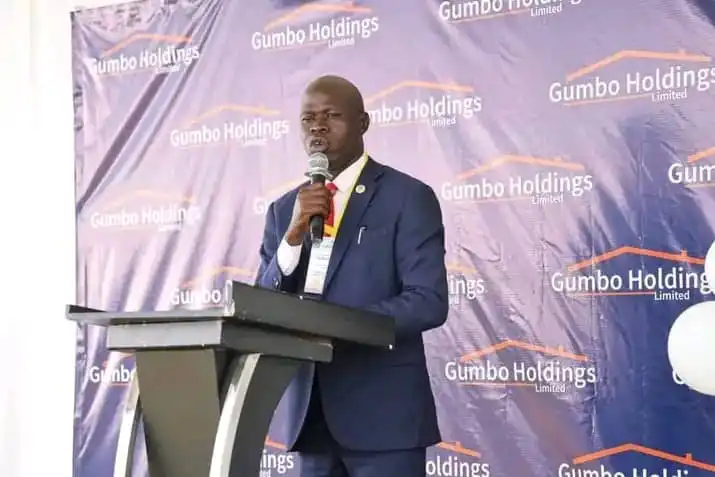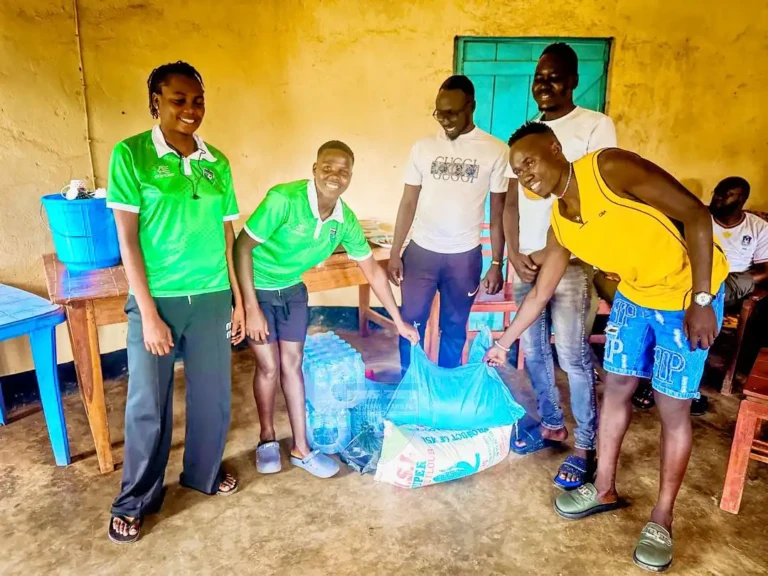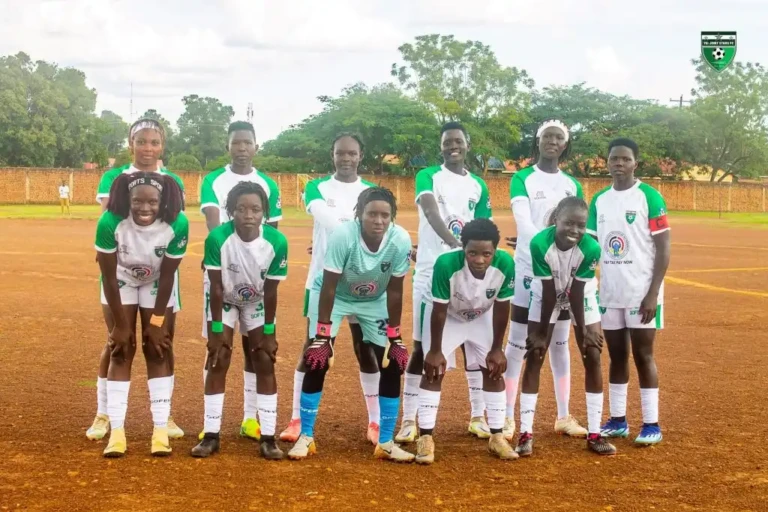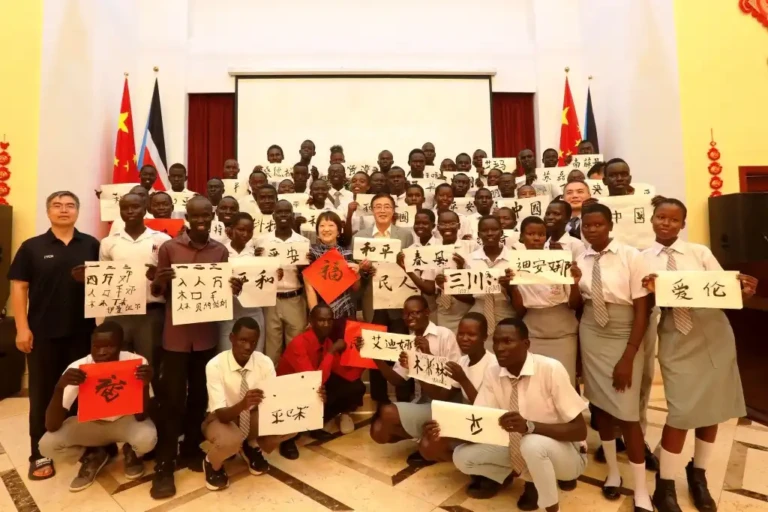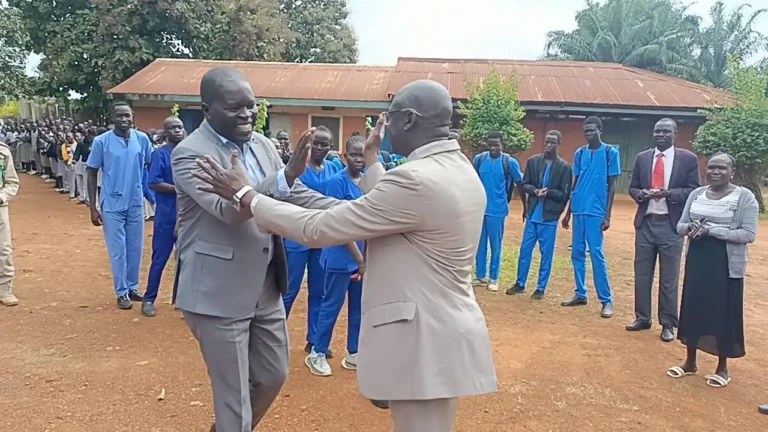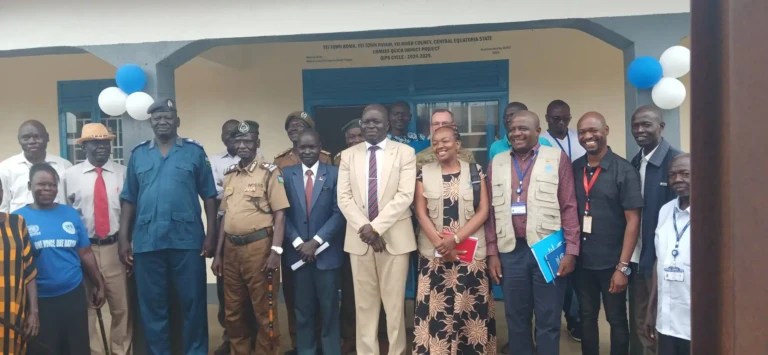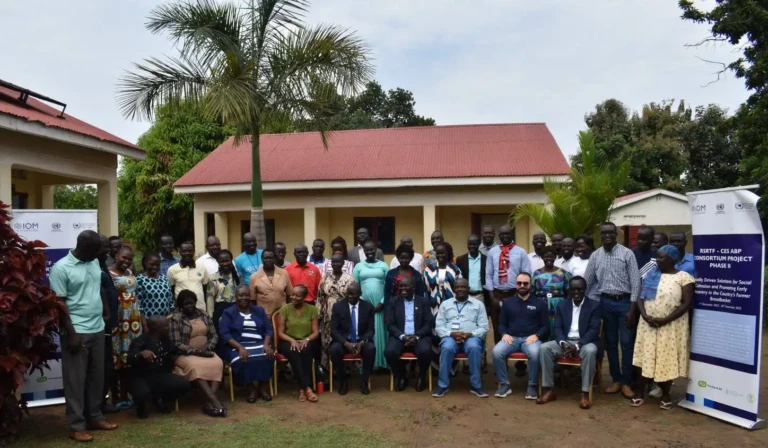
(Juba) – As South Sudan’s national basketball team continues to earn praise on the international stage, a deeper conversation is emerging about who should receive the credit for the team’s recent success. While many celebrate the country’s rise in global basketball, critics argue that the true foundation of the players’ development lies not in South Sudan, but in Western countries where most of the players were trained.
During a recent discussion on the origins of South Sudan’s basketball talent, a speaker pointed out that many of the team’s top athletes were not developed within South Sudan itself. Instead, they were raised, trained, and coached in countries such as the United States, Canada, Australia, and the United Kingdom. These athletes benefited from state of the art gyms, well structured youth systems, professional coaching, and consistent exposure to high-level competition — all opportunities that remain scarce or non existent in South Sudan.
The case of Nuni Omot, who was named Most Valuable Player (MVP) at the FIBA Olympic Qualifying Tournament, highlights this dynamic. Omot, like many of his teammates, developed his basketball skills in a foreign system. One commentator emphasized that it was “the Australian system that built Nuni,” and that South Sudan “did not create those champions.” While the South Sudan Basketball Federation has played a role in bringing the diaspora players together under one flag, the infrastructure that produced these stars belongs to the West.
Luol Deng, the former NBA player who now heads the South Sudan Basketball Federation, is widely credited with using his reputation and network to gather talented players of South Sudanese heritage. His leadership and vision have helped assemble a competitive team, but the debate continues over whether this represents a genuine African sports success story or merely a symbolic reconnection of Western-trained talent with their ancestral homeland.
Supporters of the program argue that the emotional and cultural value of such representation matters. They say seeing players with South Sudanese roots wearing the national jersey can inspire a new generation of youth at home. Mohammed Sadi, a young fan, recalled being motivated in 2009 when he saw Carlos Morais, an Angolan player, excel on the court. In the same way, seeing Omot lift the MVP trophy could inspire future athletes in Juba, Wau, or Bor.
Others stress that the federation’s next big challenge must be to invest in local talent. Without proper facilities, qualified coaches, and a structured league system, South Sudan risks remaining dependent on the diaspora for its success. True sporting growth, they argue, must include building a grassroots foundation that allows boys and girls growing up in South Sudan to reach international standards.
This debate is not unique to South Sudan. Across the continent, many African countries rely on athletes who train abroad but compete under African flags. It reflects broader questions about post colonial sports development, the legacy of migration, and the long journey many nations face in building local capacity.
Discover more from Access Radio Yei News
Subscribe to get the latest posts sent to your email.

